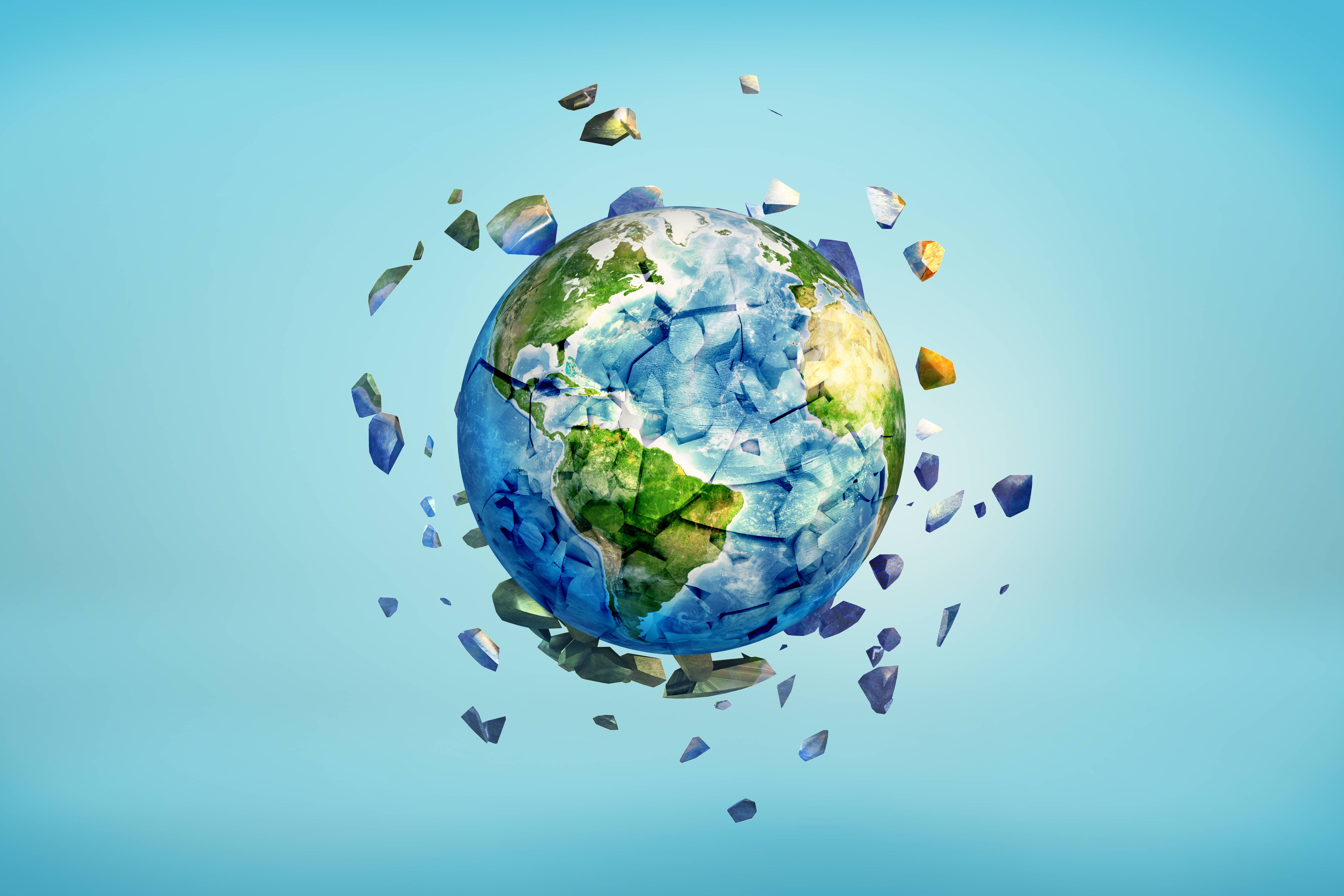 The COVID-19 pandemic has fueled growing calls from political leaders in rich countries for an overhaul of global production and trade. But reshoring and protectionism are unlikely to be a panacea for a depressed and disrupted world economy.
The COVID-19 pandemic has fueled growing calls from political leaders in rich countries for an overhaul of global production and trade. But reshoring and protectionism are unlikely to be a panacea for a depressed and disrupted world economy.
In this Big Picture, Harvard’s Dani Rodrik is optimistic, noting that although the retreat from hyper-globalism could potentially endanger human prosperity, it could also result in a more sensible, less intrusive model that focuses on areas where international cooperation truly pays off. Richard N. Haass of the Council on Foreign Relations hopes so, because governments cannot ignore or wish away globalization: only effective multilateral action can tackle threats such as disease, climate change, cyber-attacks, nuclear proliferation, and terrorism.
But Amina Mohamed, a Kenyan government minister who formerly chaired the World Trade Organization’s General Council, worries that many governments today seem to be forgetting the importance of international cooperation, and urges them to reject trade protectionism. Likewise, the World Bank’s Célestin Monga argues that dismantling global value chains and erecting barriers to foreign direct investment in response to the pandemic would only make a bad situation worse and hurt developing economies disproportionately. And Yale’s Pinelopi Koujianou Goldberg says that the COVID-19 crisis has not furnished any good arguments against trade or global supply chains – although the latter need some built-in redundancy to make them more crisis-resilient.
Nonetheless, Allianz’s Mohamed A. El-Erian thinks that many firms will now inevitably take a more localized approach to production and reshore some activities. Rather than defending the pre-pandemic status quo, he concludes, globalization’s supporters should instead focus on minimizing the disruption and laying the groundwork for a more sustainable process thereafter.
No comments:
Post a Comment